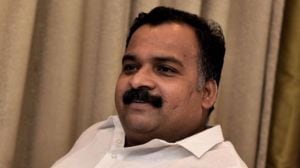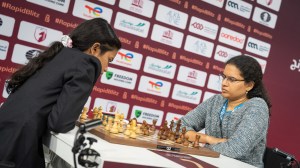Coach, team, country
Sporting talent has often rescued Pakistan8217;s cricket from administration. It may not suffice this time

It is easy to be alert in hindsight. At the start of their World Cup campaign in the West Indies, Pakistan8217;s media managers came up with a ploy to avoid controversy. Their cricketers at media interactions would speak only in Urdu. Merits of the decisions aside, it betrayed a strain of edginess. Looking back, it injects an inevitability into Pakistan8217;s loss to Ireland, coach Bob Woolmer8217;s subsequent death and the mass resignations of selectors and captain Inzamam-Ul-Haq. All this has shown Pakistan cricket8217;s organisational structure to be so hollow. And given the reports emanating from the Pakistan team in Kingston that players were reluctant to play their last match against Zimbabwe and the police interrogation that lies ahead, care needs to be taken that this current crisis does not draw the team into paranoia and implosion.
For all the flaws of its heroes and for all their unpredictability, Pakistani cricketers carry a special affection. They have an especial vitality 8212; in the keen rivalry they have brought to the game and the new techniques and debutants they keep rolling out. They also have a curious vulnerability, in suddenly falling short of their potential. But the country abounds with so many more contenders available to take their place, that Pakistan cricket has been able to carry forward from most debacles 8212; the match-fixing controversy at the turn of the century, for instance 8212; by replacing officials by diktat and temporarily evicting prominent cricketers from the national team.
Today, the magnitude of the current crisis does not give Pakistan8217;s national executive that runs the affairs of cricket the luxury of cosmetic solutions. An institutional clean-up can be postponed no longer. For very long Pakistan have pulled along with a makeshift organisation. The crisis in Kingston and the unresolved crisis back home in the unavailability of Shoaib Akhtar and Mohammad Asif have taken things too close to the brink.
- 01
- 02
- 03
- 04
- 05































